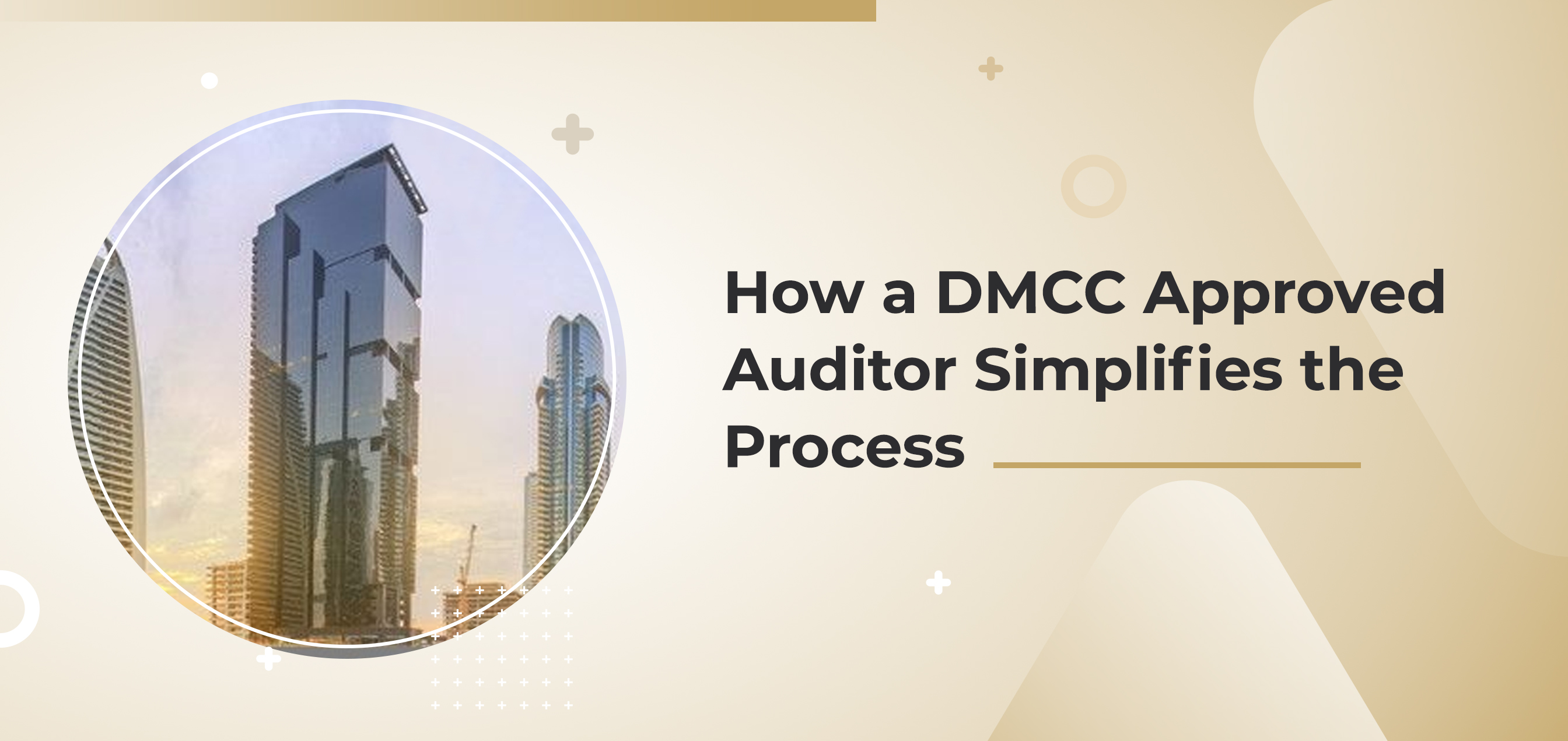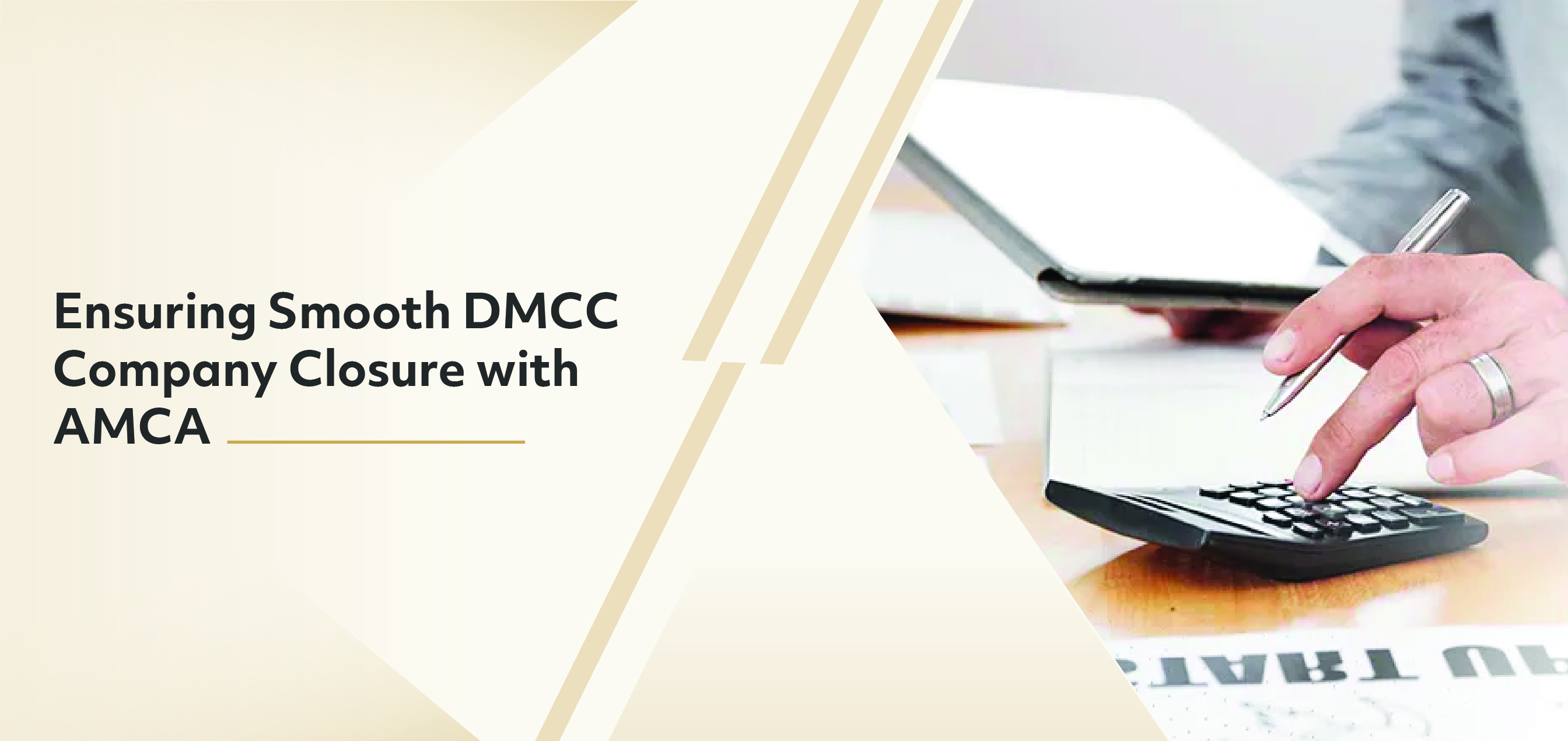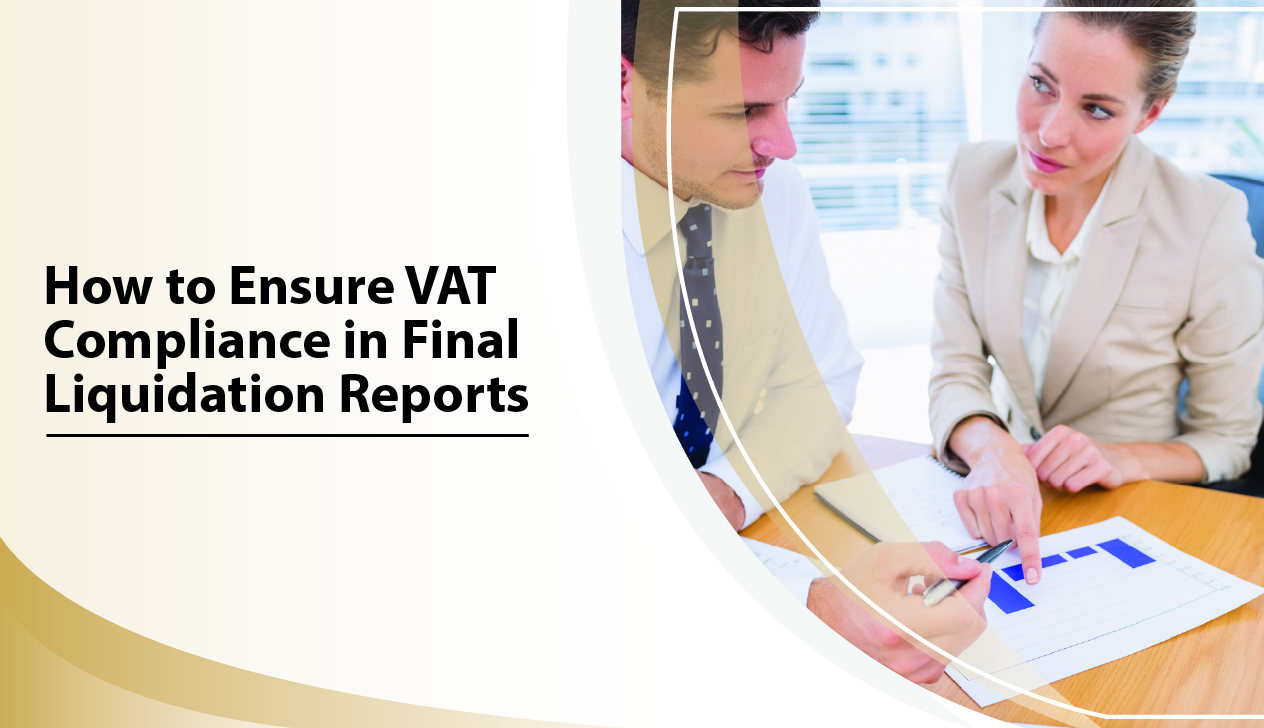
12 Sep 2025
Starting a business in Dubai’s thriving economy is exciting, but there may come a time when a company must shut down operations. Whether due to strategic restructuring, financial decisions, or simply reaching the end of a business cycle, liquidation in the UAE is a critical legal process. In the Dubai Multi Commodities Centre (DMCC), liquidation is highly regulated to protect stakeholders, creditors, and the broader business ecosystem.
This is where the role of a DMCC-approved auditor becomes invaluable. With compliance, accuracy, and transparency guaranteed, auditors make what can otherwise be a complex process straightforward.
Understanding Company Liquidation in Dubai
Company liquidation in Dubai refers to the formal closure of a business, where all liabilities are settled, assets are distributed, and the company is deregistered from the DMCC registry. The process is not just administrative—it is a structured legal procedure governed by the DMCC.
There are two main types of liquidation under DMCC rules:
• Voluntary Liquidation – initiated by shareholders when they choose to close the company.
• Compulsory Liquidation – directed by authorities, often due to insolvency or regulatory non-compliance.
Both require the appointment of a liquidator, who must be a recognized professional.
Why DMCC Insists on Approved Auditors
The DMCC places strong emphasis on accountability. According to the regulations, a liquidator is responsible for:
• Preparing the statement of affairs and final accounts.
• Settling debts and distributing remaining assets fairly.
• Submitting reports to DMCC authorities for final deregistration.
Only an audit firm with an approved status by the DMCC can carry out these duties, ensuring businesses wind down without incurring future legal complications.
How to Close a Company in Dubai: The DMCC Liquidation Steps
If you’re wondering how to close a company in Dubai, here’s the step-by-step breakdown under DMCC guidelines:
1. Board Resolution – Shareholders pass a resolution to dissolve the company.
2. Appointing a Liquidator – A licensed DMCC-approved auditor is formally engaged.
3. Notification & Public Announcement – The decision to liquidate is published to notify creditors.
4. Settling Liabilities – All debts, employee dues, and obligations are cleared.
5. Liquidator’s Final Report – The appointed auditor submits final accounts to DMCC.
6. Company Deregistration – Upon approval, DMCC issues the official deregistration certificate.
This structured process ensures that creditors and employees are protected while allowing business owners to exit legally and efficiently.
The Role of Liquidation Services in Dubai
Many entrepreneurs underestimate the paperwork, compliance, and timelines involved in the liquidation process. This is where liquidation services in Dubai simplify the journey.
These services typically include:
• Preparing and submitting all liquidation documents.
• Handling correspondence with DMCC authorities.
• Assisting with clearance of utilities, leases, and employee visas.
• Providing advisory support on financial settlements.
By outsourcing to experts, businesses save time, avoid penalties, and ensure peace of mind.
Benefits of Hiring a DMCC-Approved Auditor
A DMCC-approved auditor not only satisfies regulatory requirements but also adds value through:
• Accuracy – Transparent financial reporting with no hidden liabilities left behind.
• Compliance – Adherence to the relevant DMCC regulations.
• Transparency – Fair settlement of assets and liabilities, reducing future disputes.
For companies to wind up, the auditor safeguards both legal compliance and reputation.
Trust AMCA Auditing for Hassle-Free Liquidation

Closing a business is as important as starting one, and doing it right is crucial. With strict DMCC regulations in place, attempting liquidation without professional help can be overwhelming. A DMCC-approved auditor ensures that every step—from shareholder resolution to final deregistration—is handled smoothly, leaving no loose ends.
At AMCA Auditing, we specialize in providing liquidation services with precision and professionalism. As a trusted audit firm in DMCC, our team ensures that your company closure is compliant, efficient, and stress-free.
Contact us today at +971 4 240 8784 or email us at info@amcaauditing.com to begin your seamless liquidation journey.
FAQs
Q1. How long does liquidation take in DMCC?
Typically, the process is completed within 45–60 days, depending on dues clearance and the timely filing of documents.
Q2. Is liquidation mandatory if my company is inactive?
Yes. Companies that are dormant but not officially liquidated may continue to incur fines and penalties.
Q3. Can any audit firm handle liquidation?
No. Only a registered audit firm in DMCC that is approved can act as an official liquidator.
Q4. What happens if liabilities exceed assets?
In such cases, the liquidator will follow insolvency procedures in line with DMCC regulations to protect creditors’ interests.



